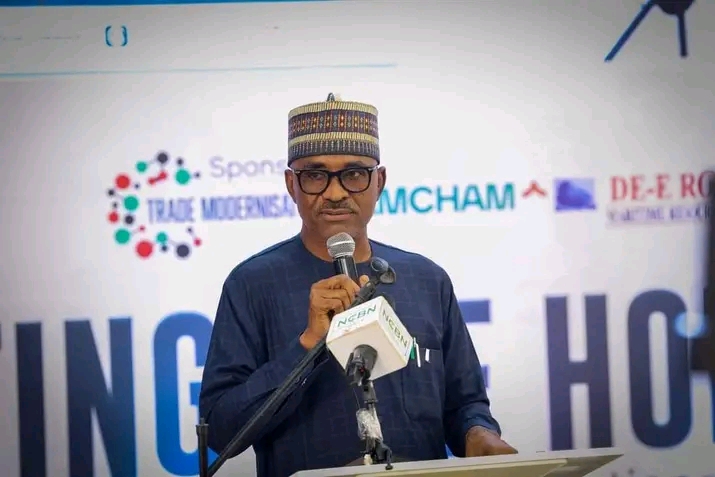By
Prof. Mainasara Yakubu Kurfi
Department of Mass Communication, Bayero University, Kano
Each year, on the 3rd of May, the international community commemorates World Press Freedom Day—an occasion dedicated to reaffirming the foundational principles of press freedom, assessing its global state, safeguarding the media from infringements on their independence, and solemnly remembering journalists who have perished in the line of duty while upholding the tenets of truth and public accountability.
It is crucial to underscore that an autonomous and unfettered press constitutes a bedrock of democratic governance. The media serves not merely as a chronicler of events, but as an institutional sentinel against corruption, a catalyst for informed civic discourse, and a vital conduit through which the citizenry accesses knowledge requisite for meaningful participation in public life. In the absence of press freedom, democratic institutions become vulnerable to decay, civil liberties diminish, and unbridled authority prevails.
Journalists, in their professional pursuit, perform a singularly important societal role—whether through uncovering institutional malfeasance, reporting from theatres of conflict, or amplifying the voices of marginalized communities. Their reportage fosters transparency, ensures accountability, and empowers the populace with information necessary to demand justice, equity, and good governance.
Yet, notwithstanding its indispensability, press freedom remains under persistent threat across many jurisdictions. In numerous contexts—including Nigeria—journalists encounter intimidation, unlawful detention, and, in extreme cases, extrajudicial killings simply for discharging their professional mandate. International watchdog organizations have documented a disturbing escalation in media repression, frequently masked as measures for national security or the regulation of harmful content.
Particularly within autocratic regimes, the suppression of dissent and the silencing of critical voices is systematically enforced. Even within ostensibly democratic systems, the proliferation of misinformation, disinformation, malinformation, increasing political polarization, and the erosion of economic sustainability for media houses have undermined journalistic integrity and autonomy.
Concurrently, the digital revolution has fundamentally transformed the media landscape. While digital platforms have empowered journalists with unprecedented tools for content creation and dissemination, they have also engendered novel challenges—ranging from the viral spread of false narratives and cyber-harassment to the collapse of traditional business models that historically underwrote investigative journalism.
Social media, though lauded for democratizing information flows, has simultaneously emerged as a vector for manipulation, echo chambers, and coordinated disinformation campaigns. This paradoxical digital environment necessitates a renewed emphasis on media literacy, journalistic ethics, and a conscientious citizenry capable of discerning credible information in an increasingly saturated information ecosystem.
World Press Freedom Day is thus a solemn occasion not only for celebration but for remembrance—honoring the courage and sacrifice of journalists who have paid the ultimate price in pursuit of truth. From those embedded in war zones to those exposing organized criminal networks, their contributions underscore the indispensable value of a free press in upholding the public’s right to know.
Accordingly, this day should serve as a clarion call to governments, civil society, and the global community: press freedom is not a privilege—it is a prerequisite for democratic existence. It demands robust legal frameworks to protect journalists, institutional transparency, and sustained support for independent and community-based media.
As we observe World Press Freedom Day, let us collectively recommit to the defense of press freedom, to the promotion of responsible journalism, and to the preservation of freedom of expression as an inalienable human right essential for the advancement of all.


